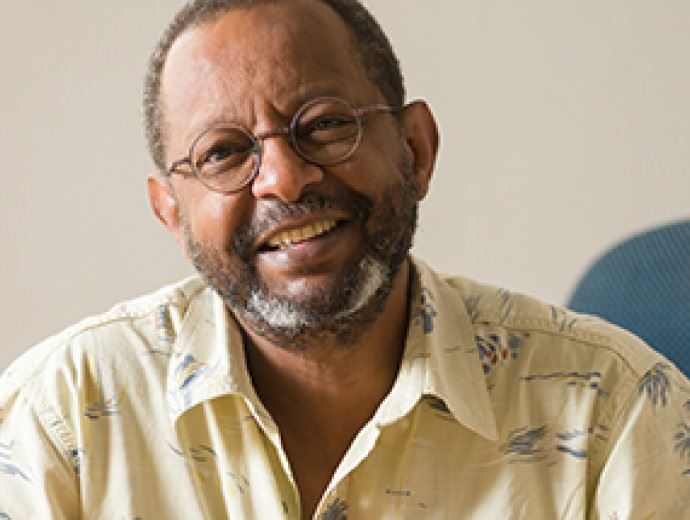ISEE Bulletin
| ISEE Bulletin |
| September 2019 THE INTERNATIONAL SOCIETY FOR ECOLOGICAL ECONOMICS |
REMINDER!Academics and activists who wish to actively participate in submitting sub-themes or suggesting new sub-themes for inclusion in The 7th International Degrowth and 16th ISEE Joint Conference; Building Alternative Livelihoods in Times of Ecological and Political Crisis Conference should submit a proposal by 30th September 2019. Descriptions of the sub-themes should speak to the overall conference theme. Click here to submit. For more information visit here. 2020 Boulding Award Winner AnnouncedRashid Hassan was chosen as 2020 Boulding Award Recipient From a strong slate of candidates, the Boulding Award Committee of the International Society for Ecological Economics (Peter May – Chair, Jane Mariara, Volker Mauerhofer, Kanchan Chopra and Carl Folke) has awarded the 2020 Boulding Award to Rashid Hassan.
Rashid was recently elected an Associate Member of the US National Academy of Sciences. This is the first time ISEE has offered the Boulding Award to an African recipient. Deadline: September 19th to Propose a Paper Session for ESA Salt Lake CitySubmit a Paper Session We invite proposals for Symposia, Inspire Sessions and Organized Oral Sessions for ESA’s 105th Annual Meeting in Salt Lake City, Aug. 2-7, 2020. The meeting theme is «Harnessing the Ecological Data Revolution«. Proposals must be submitted through the online form by Sept. 19, 2019, at 5:00 PM Eastern Time (2:00 Pacific Time). No late or emailed proposals will be considered. MSU Social Scientist PostDoctoral Scholar Research AssociateMichigan State University is searching for a social scientist postdoctoral scholar to be a part of a four-year NSF-funded grant that is developing new ways to reduce the social, economic and environmental costs of hydropower development. We are going into the last two years of the project and the focus is on quantitative data analysis and publications of the social science data collected. To read the complete post, click here. Quick tip:If you need the article translated on the blog, click on the drop-down menu «English» above the date on the article. |



 Rashid, born in Sudan, a Professor Emeritus of the Center for Environmental Economics in Africa (CEEA) at the University of Pretoria, South Africa is one of the most important scholars and practitioners working in the area of ecological economics in Africa (see publication record of 123 articles at
Rashid, born in Sudan, a Professor Emeritus of the Center for Environmental Economics in Africa (CEEA) at the University of Pretoria, South Africa is one of the most important scholars and practitioners working in the area of ecological economics in Africa (see publication record of 123 articles at
No Comment